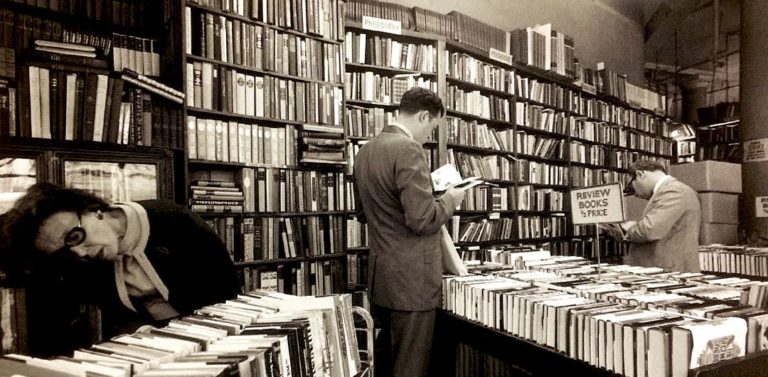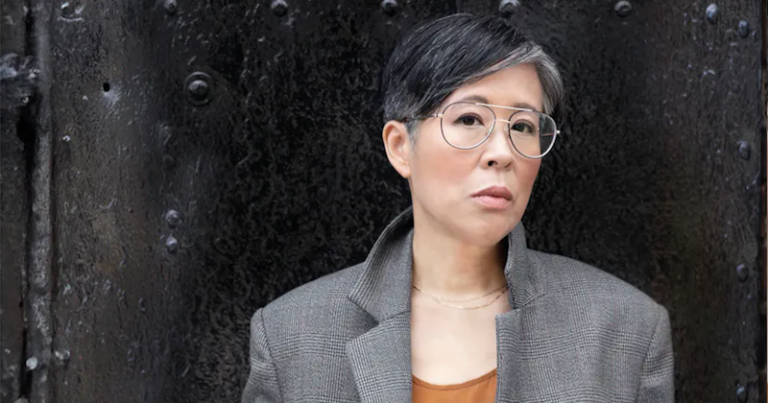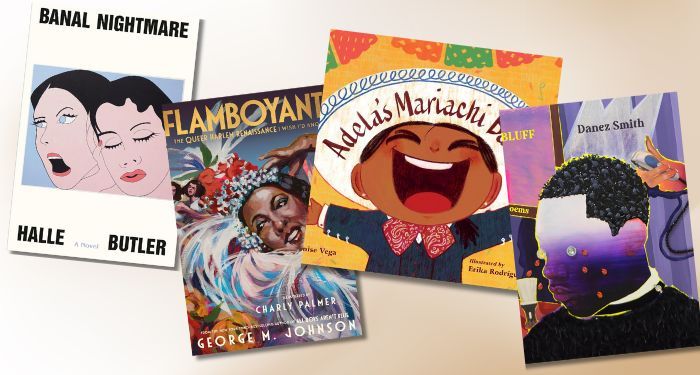
I’ve never called in to a radio show, but nearly every night in the caesura of my adolescence, I imagined doing just that. It didn’t matter that I had absolutely nothing of consequence to share about my love life; that the only person who’d ever receive my song dedication would have been the prince of MMMbopping, Taylor Hanson, whose ruddy cheeks and swinging tresses dominated nearly every daydream I had. My inexperience didn’t matter. The lovelorn among us are not inducted through heartbreak, but rather, through a regrettable disposition toward emotional intensity.
And I also just wanted to talk to Delilah.
In the 1990s, Delilah ruled the airwaves. My airwaves, at least. I listened from my small bedroom in a sleepy town on the coast of Florida where teens spoke, often and unironically, about the size of their newest rims. Inside that bedroom was an antique bookshelf lined with Amish romances from the library, each displaying a peach-fuzzed beauty in profile against dawn-washed farmland. (I was not religious, but the Amish held me in their thrall.) I was a knobby-limbed and preternaturally anxious ten-year-old, tuning my radio with militant punctuality to the great equalizer of all stations, that of adult contemporary. Delilah Rene—prophet of romance, Euterpe of soft rock ballads—was arriving and I would not be late for one moment.
There’s something about yearning that suggests a lack of control or, at least, a dearth of moderation.As soon as the tinkling opening strains of her segment sounded (Dee-LIE-lahhhhh), I was tenterhooked. Delilah possesses that ineffable combination of poise and daring; warmth and steely firmness. For many lonely souls across the nation, she was a confidant, a friend, a disembodied mother-figure whose voice floated from the soft cushion of a Casio speaker like some distant echo from a serene and orderly universe.
In between songs, Delilah chatted with callers on the line. She’d ask them about their “honey” or “sweetie pie,” drawing out stories about perseverance and surmounting the odds. Some would-be lovers were separated by distance; others by unrequited feeling. But the commonality was the yearning that permeated each song request. It was not enough to love; these callers—like me—wanted to love with a soundtrack.
Phil Collins, INXS, All-4-1, Bryan Adams, Sting—almost every musician of note has at least one heart-rending ballad in them. Some made their entire careers out of heartbreak. Alone in my room, I’d listen to each song as if it were dedicated to me instead of some stranger out there in the night. As I fell asleep, I heard the lyrics as a conjoined lullaby:
I can feel it coming in the air tonight…
Like the shadow that’s by your side…
Without you, there’d be no sun in my sky…
We were young and wild and free…
With such a musical foundation—stirring and passionate and, yes, often overblown—it was probably fated that I would become a romance novelist someday.
*
It’s easy for adults to be cynical about love. Many of us are repelled by the cliches; weary of the inconstant tumult of falling in—and out of—love. Stripped of our youthful idealism, witness to betrayal and failures of empathy, we begin to welcome the cold panacea of cynicism. It will, we believe, protect us from heartbreak and, even more terrifying, embarrassment.
Maybe wanting something, wanting it baldly, feels desperate. It’s seen as uncool—cringe, corny, cheesy—to want. Wanting puts us in a position of powerlessness. There’s something about yearning that suggests a lack of control or, at least, a dearth of moderation. On some level, we mistrust love; or, at least, we mistrust its most florid declarations. Maybe admitting to our yearnings simply reveals too much about who we are.
A word often associated with yearning is longing, which feels somehow a little less fraught, perhaps because it’s a concept more equally distributed across non-romantic desires. C.S. Lewis often spoke of longing as a sort of reach for the sublime. Love, too, is impossible without some kind of reach across the ether to a consciousness foreign and yet, somehow, as familiar as a favorite song.
*
Over the years, probably with the advent of the iPod, I forgot about Delilah’s radio show. But even as I left the ballads behind, I never surrendered my pursuit of a good love story.
As a reader, I moved from Amish romances to regency romances—to this day, an alarming percentage of my brain is dedicated to the undergarments of 19th-century British nobility—and finally, to spicy contemporary romances.
Yearning is messy and impractical. That’s what makes it irresistible.Those acquainted with the genre are familiar with the typical cadence of plot: a meet-cute bloated with meaningful looks followed by a series of mishaps that befall the couple (sometimes including that most controversial device, the third-act breakup), culminating in a resolution that is happy and tender and hopeful. I enjoyed the bookends of these novels, but it was in the messy middle that I stumbled onto the real gem of emotional reward.
There, amid the turbulence of misunderstanding and bad choices, lay the seed of what makes us human. We often want things we cannot or should not have. We are foolish and flawed in our desire. But sometimes, that desire is enough to shake us from the rote path into one that is wilder and more surprising. Yearning is messy and impractical. That’s what makes it irresistible.
*
During the pandemic, enmeshed in various types of yearning, I wrote my debut romance, Adam & Evie’s Matchmaking Tour. In the book, the titular couple are separated by gaping cultural differences and their own stubborn wills. They spend much of the book fighting every wisp of attraction they have for one another. But of course—and I’m sure I won’t spoil anything by saying this—it’s a losing battle. Adam and Evie are magnetically drawn to one another. Their yearning, ill-advised and overwhelming, becomes the glue holding the novel in place.
But can yearning last? You can’t yearn for something if you already possess it. So, if yearning is characterized by an inherent thwarting of desire, then it makes sense that a HEA (happily-ever-after to genre neophytes) dispels that yearning altogether, replacing it with the unhurried joy of fulfillment.
I think about some of the couples in my family, who’d first united through whirlwind romantic circumstances and then settled into a quieter, less urgent brand of love. I think of my own fifteen-year marriage, which is underlined by the sweet and faithful rhythms of routine. Once, our love stories might have been torrid bodice-rippers. Now? We’d be lucky to make it onto a syndicated sitcom with a laugh track.
Maybe we can’t hold onto yearning, and maybe we shouldn’t want to. But when we do find it—in a love song, a romance novel, a perfect freckle on a stranger’s cheek—we can muster the courage to linger in the moment, that terrible and wonderful ache of humanity.
__________________________________

Adam & Evie’s Matchmaking Tour by Nora Nguyen is available from Avon Books, an imprint of HarperCollins Publishers.












 Bengali (Bangladesh) ·
Bengali (Bangladesh) ·  English (United States) ·
English (United States) ·